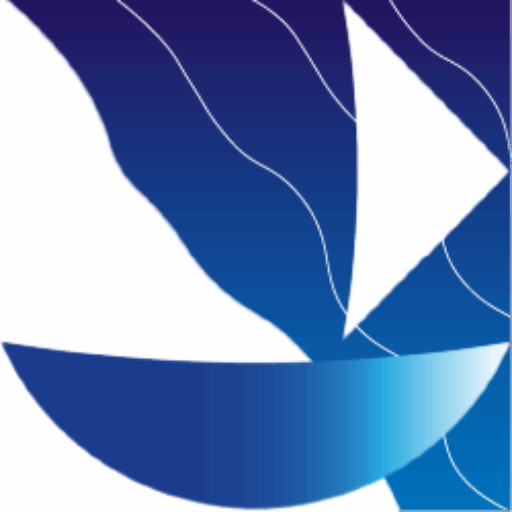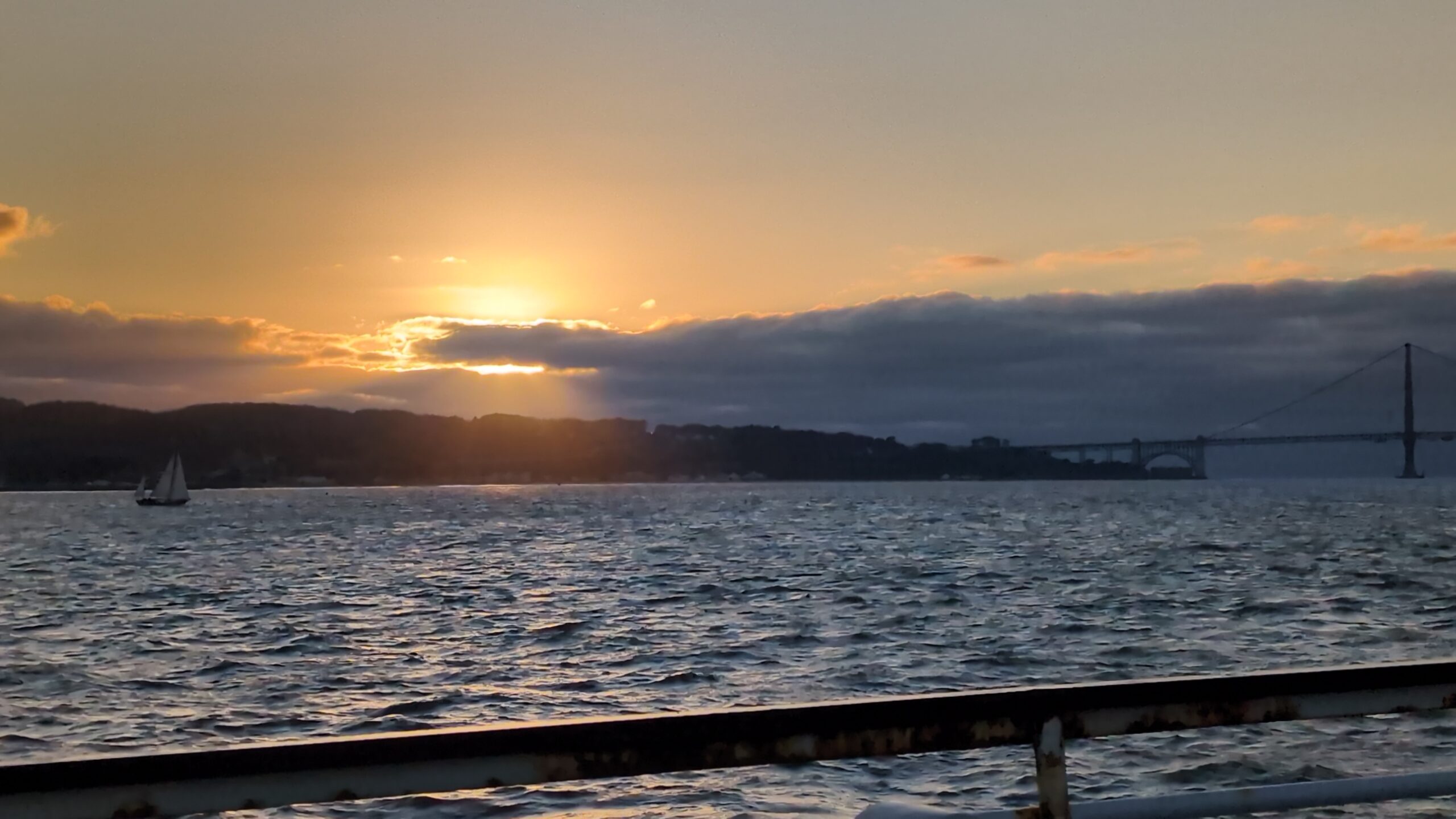What is an end-of-life doula?
An end-of-life doula is a member of a dying person’s support team. They assist the dying person and their loved ones with both mundane and sacred aspects of the grieving and dying process. The end-of-life doula is a companion on their journey through the transition from the earthly plane to the ones beyond.
What does an end-of-life doula do?
The most important responsibility for an end-of-life doula is to listen to a dying person’s thoughts, desires, hopes, and fears.
Working with an EOLD could look like a combination of:
- figuring out how and when to communicate about their dying process with loved ones, extended family, and people outside the close circle
- education for the dying person and loved ones about logistical, physical, and emotional needs to expect before, during, and after death
- bereavement support for loved ones after a person’s death
- working through emotions that may come up at any point in the process
- coordinating logistics of caregiving
- holding vigil during the active dying process
- memorial/funeral planning
- choosing specific rites and rituals to perform during and after death
- legacy planning
- respite for caregivers
- suggesting books, articles, and podcasts that the dying person and/or their care team may find helpful or enjoyable
- curating personalized music playlists or sing/play live music for the dying person
What does an end-of-life doula NOT do?
An end-of-life doula should NOT:
- provide psychotherapy services (unless the EOLD is also a licensed mental health care provider and there is an explicit agreement to provide this service)
- handle financial transactions or provide financial advice
- provide legal advice or legal services
- hold medical or financial power of attorney for the dying person
- make diagnoses about a person’s physical or mental health
- acquire or administer medication
- transport the body of a deceased person
Why do you want to do this work?
I want to help people feel protected during a painful time. End-of-life doula work allows me to make a concrete, positive change in the lived experience of dying people and their loved ones. Being with dying people provides an embodied sense of being alive and offers opportunity to share that feeling with people around me.
Are you certified / licensed?
There is currently no national or international accreditation body for end-of-life doula work. I completed a certificate program through the University of Vermont/Osher Center for Integrative Health in the fall of 2024.
Can you take away my pain?
I wish I could! But no, I can’t magic away anyone’s feelings of pain, anger, fear, sadness, or for that matter, joy or love. In Buddhism, we talk about the “second arrow” of suffering. The first arrow that hits is the initial pain, and the second is the one we fire at ourselves in reaction to the pain. I can help ease the suffering of second arrows through open-hearted listening, practical support, and somatic meditation practices.
Why do you work alone? Are you bad at teamwork?
As of July 2025, I’m just setting up this practice. I’m coordinating with other end-of-life doulas and hope that we can form a loose network of coverage soon. But it’s important to let these relationships build organically over time.

